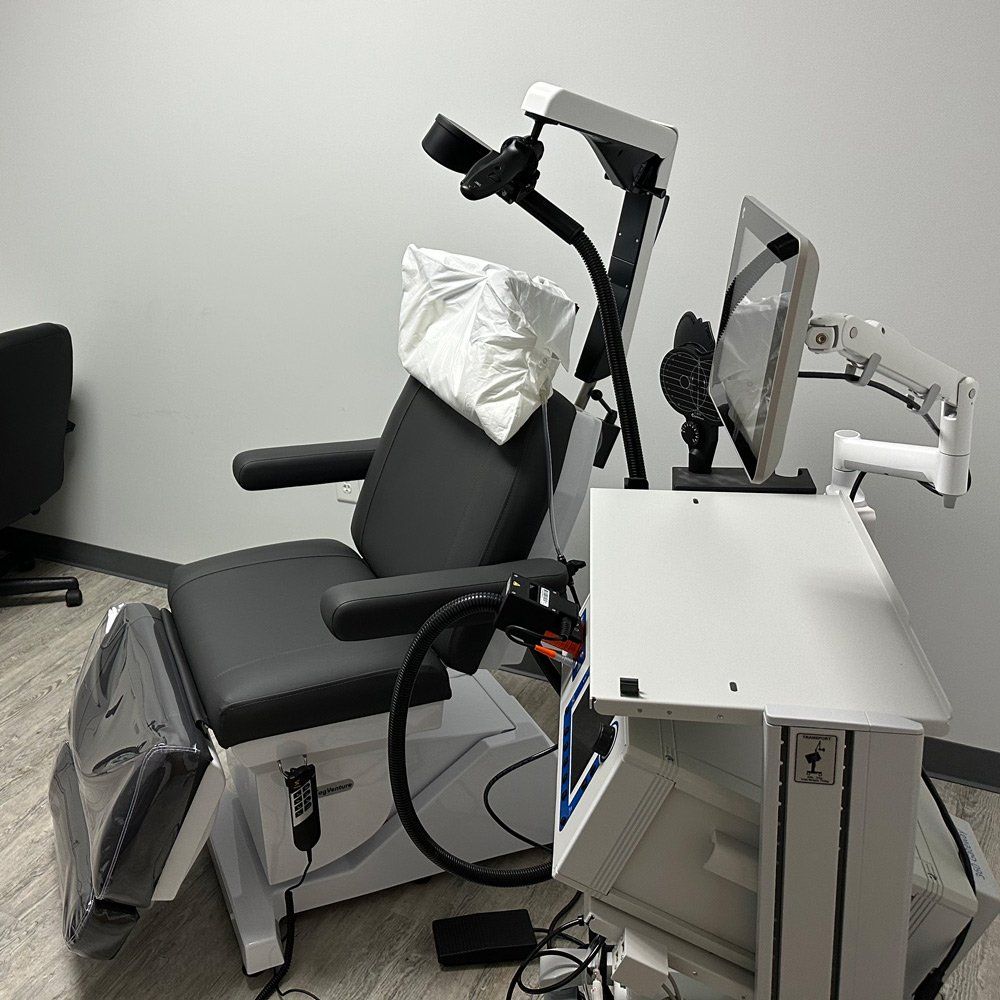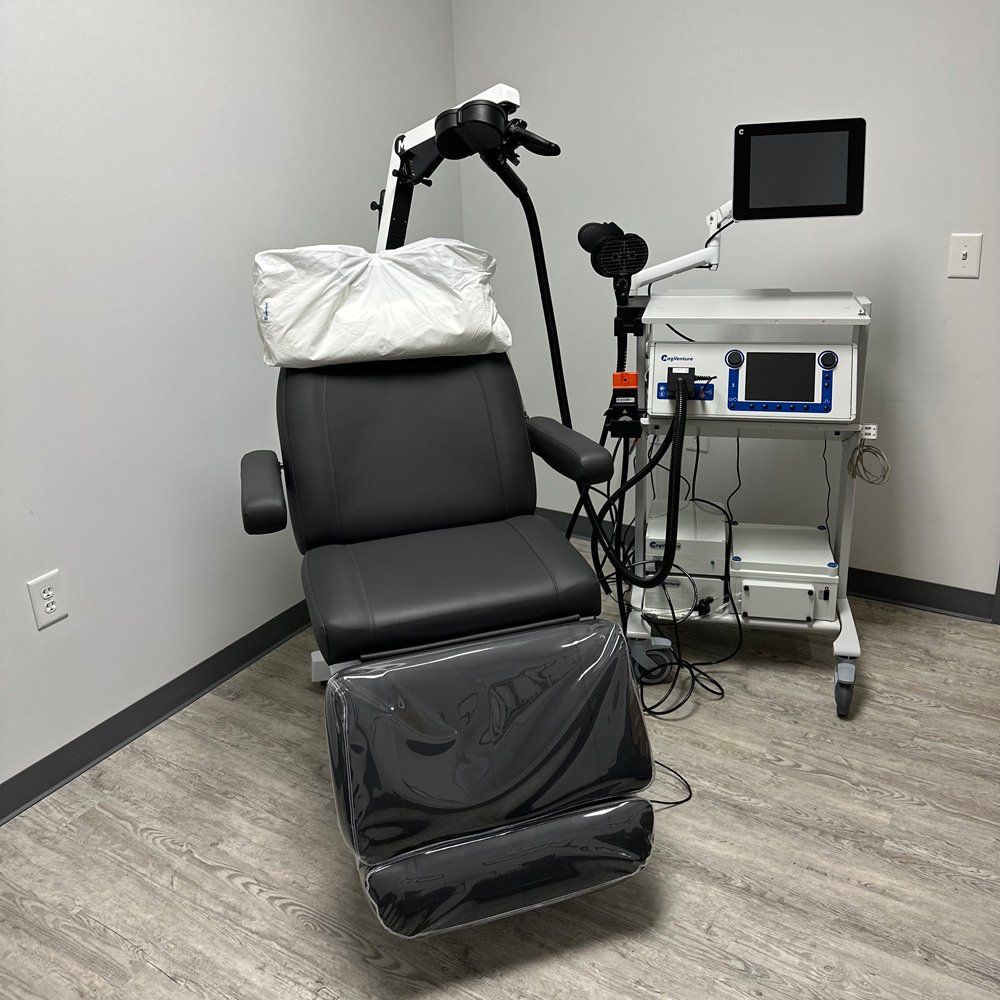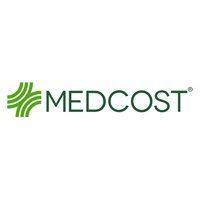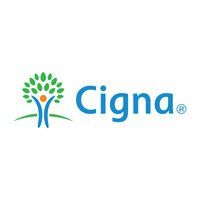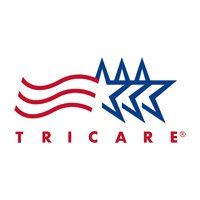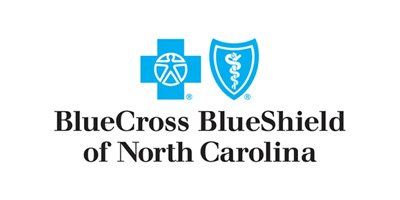Med Management FAQ
Curious about Medication Management? Answers to Frequently Asked Questions are below for your reference. Schedule a consultation if you have further questions.
Medication Management FAQ
At the North Carolina Institute of Advanced NeuroHealth, we created this resource to address common questions and concerns about psychiatric medications in mental health treatment. If you're considering or beginning your journey with psychopharmacological interventions, our FAQs provide valuable insights to guide you.
Understanding your prescribed medications, their potential side effects, and how they work can empower you to make informed decisions about your mental wellness. If you have further questions, we encourage you to schedule an appointment with our expert team to explore the best treatment options for you.
OUR NAVIGATION
CONTACT US NOW!
It's important to know that you are not alone. Get help with depression today!

TMS THERAPY SUPPORTS MENTAL WELLNESS
- Depression
- Sadness or Despair
- Low Mood or Lethargy
- Irritability
- Lack of Joy
- Social Isolation
- Self-Harm
- Eating Disorders
TMS Therapy:
What to Expect
TMS leverages repetitive, electromagnetic pulses to stimulate cells and modulate activity in the brain. These repetitions target specific neurons to reduce symptoms.
A member of our expert team will measure your head before placing the TMS device and positioning a small coil a few inches away from the front area of your brain.
We tailor the length and duration of each session for your unique needs. Our team will support you every step of the way on your road to mental wellness.
Ready to improve your quality of life?
Patients who receive TMS therapy often find relief from their symptoms within a week. The best part? There’s no pain involved! Patients typically enjoy TMS treatment and their ability to relax in a comfortable reclining chair within a calming, relaxing, therapeutic environment. Think of TMS therapy like a miniature MRI: Pain free magnetic stimulation, without the loud clunking sounds. It is not ECT!
TMS Therapy is a breakthrough treatment that's non-invasive, FDA approved and covered by insurance.
Isn't it time to learn what it can do for you?
TMS THERAPY COMMON CONDITIONS TREATED
Are you unsure whether TMS therapy can help you with your unique needs? Take a look at the following common problems and how TMS treatment may assist with mental wellness.

OCD
Obsessive-compulsive disorder (OCD) affects approximately 5% of individuals. According to studies, a genetic predisposition might lead one down the road to developing OCD. TMS therapy may be a viable treatment option to help relieve the symptoms associated with OCD.

ADULT & ADOLESCENT DEPRESSION
In 2008, the FDA authorized TMS therapy for the treatment of depression. It is also used to treat teens and young adults with depression instead of long-term use of antidepressants. TMS is a safe, non-invasive therapy that helps people with MDD achieve long-term remission.

BIPOLAR DEPRESSION
Bipolar disorder is a mental illness that can cause manic episodes that may ruin your life. If you have bipolar disorder, TMS therapy might be able to decrease the impact of your highs and lows. This technology uses magnetic pulses to help stabilize your emotions and restore balance to your life.

EATING DISORDERS
Eating disorders, such as anorexia, have been linked to brain damage or trauma in studies where the prefrontal cortex is the most notable network influenced. It causes symptoms of poor impulse control when it is underactive. TMS therapy can restore balance to the prefrontal cortex and rewire dysfunctional neural networks by stimulating them.

ANXIETY DISORDER
GAD, or generalized anxiety disorder, is characterized by persistent and severe worry or stress that affects one's daily life. GAD can manifest at any age and causes debilitating anxiety. Some medications used to treat GAD must be administered with extreme care. TMS is a highly successful long-term treatment option for GAD.

HYPERSOMNIA / NARCOLEPSY
Individuals who have an excessive need for sleep during the day may be diagnosed with hypersomnia or narcolepsy. Narcolepsy is distinguished by uncontrollable drowsiness, whereas hypersomnia is defined by more difficult to resist sleepiness. TMS therapy has been used to help people with both problems.

INSOMNIA
TMS therapy relaxes the area of the brain that causes insomnia, which leads to improved sleep quality. It's also a great alternative to flooding your mind with chemicals. We understand how much better you can feel when you have a solid sleep regimen in place. TMS treatment can assist you in falling asleep faster when life throws you off track.

POSTPARTUM DEPRESSION
PPD is a serious medical condition that affects women more than it does men. PPD symptoms include feelings of worthlessness or excessive guilt, which can make performing daily tasks seem too difficult at times, even getting out of bed each morning may be daunting. RTMS treatment sessions or repetitive TMS may help you feel better quickly.

PTSD
PTSD, or post-traumatic stress disorder, is a mental illness that can be induced by frightening events. Flashbacks, nightmares, sleeplessness, and anxiety or depression are some of the symptoms. TMS therapy has been shown to strengthen connectivity between the prefrontal cortex and the amygdala, lowering severity levels associated with PTSD.

SMOKING CESSATION AND MORE
Smoking issues have shown a negative impact on overall health and brain function. The many bodily consequences of smoking, such as an increased risk of heart disease or cognitive impairment owing to restricted blood flow in regions important for learning skills like memory formation, have all been demonstrated. Transcranial Magnetic Stimulation has been studied as a treatment to help people quit smoking and it is FDA-approved.

